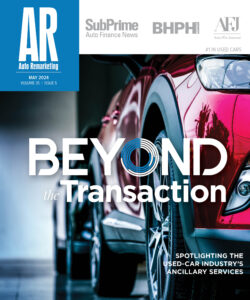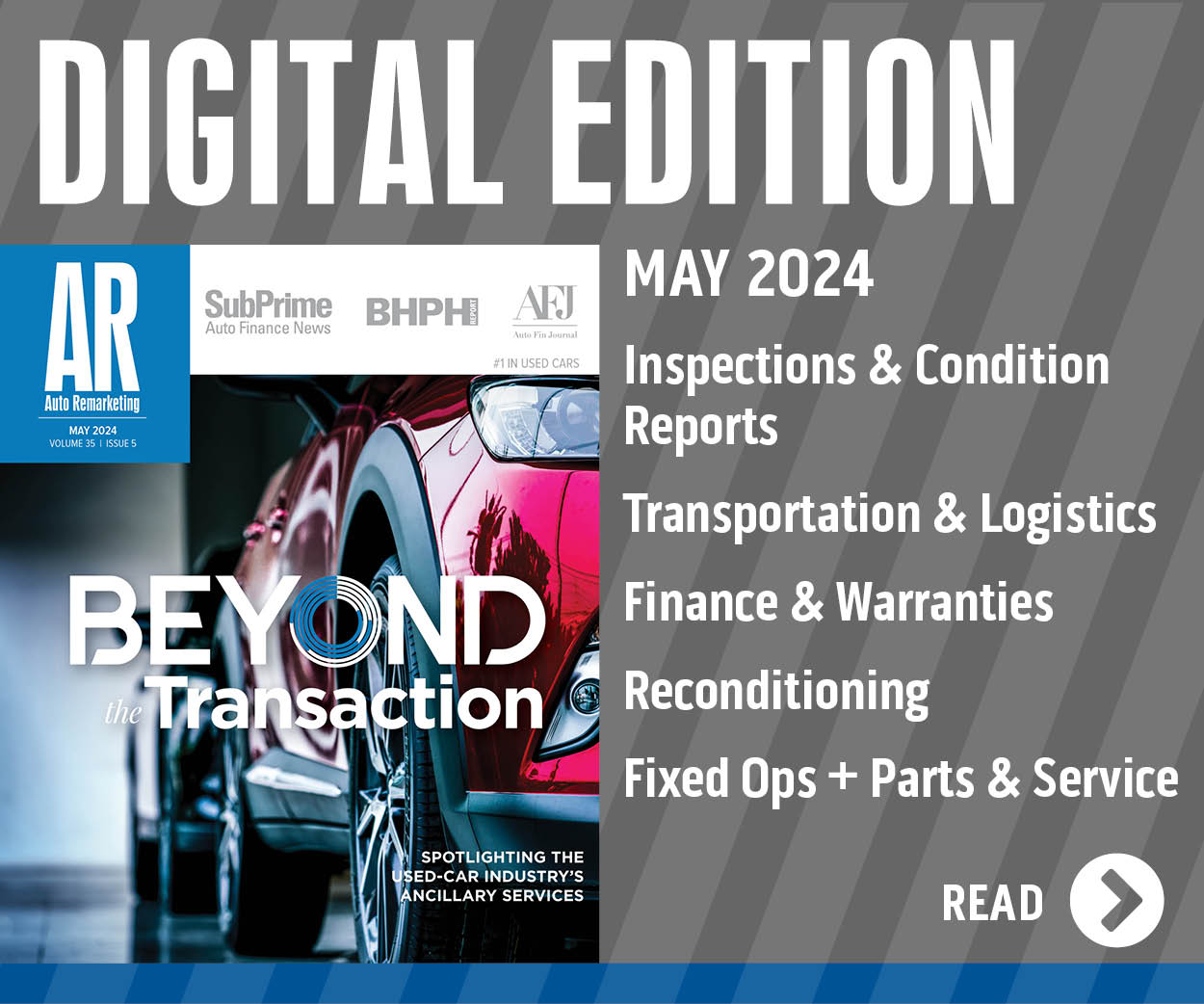AFSA Aims to Provide CFPB with Thorough Dealer Participation Analysis Via New Study
WASHINGTON, D.C. — In light of concerns expressed by the
Consumer Financial Protection Bureau about the "significant risk" dealer
participation poses on "pricing disparities on the basis of race, national
origin, and potentially other prohibited bases," the American Financial
Services Association is ramping up its own investigation.
AFSA is commissioning a study aimed at assessing the
effectiveness of the present model and evaluating the costs and benefits of
alternative approaches. Researchers currently are being vetted.
AFSA remains opposed to discrimination of any kind, a stance
reiterated by association executive vice president Bill Himpler during his allotted
time to speak when the CFPB conducted an auto finance forum last week.
Himpler's remarks repeated how AFSA is committed to
optimizing consumers' access to affordable credit and is dedicated to ensuring
credit markets function competitively and efficiently for all consumers,
dealers and lenders.
"AFSA represents lenders in indirect auto financing. Members
rely upon dealers to assist in this financing to the consumer," Himpler told
attendees at the CFPB's forum, which included a wide array of federal regulators
and consumer advocates.
"No one disputes efficiencies built into this delivery
system, the benefits indirect financing offers to consumers and the fact that
auto dealers deserve to be fairly compensated for the work they do," Himpler
continued.
Similar to points raised by federal lawmakers from both the
House and Senate, Himpler reiterated concerns about how the CFPB is alleging
discrimination and how, according to his view, it has provided no basis for the
assertion.
"Auto lenders take any allegation of discrimination very
seriously," Himpler said. "AFSA represents national and international companies
with the potential of significant reputational risk when allegations of
discrimination are raised.
"If there is a problem we can fix, we want to fix it," he
continued.
Himpler pointed out that to solve the issue, the bureau has
offered two suggestions: dealer monitoring or flat fees, "with a bias toward
the flat-fee solution," according to Himpler.
AFSA's official went on to say, "The industry has concluded
that this 'fix' is not as simple as proposed. Many feel that flat fees would
create disparate impact. Also, the bureau has admitted that it has not analyzed
how this change would impact consumers, lenders or the economy."
"Will the suggested cure kill the patient? We don't really
know," Himpler added. "We do know these are very complex issues. The director
at our last meeting admitted as much and noted that any change must be studied
fully and vetted before implemented."
With that need in mind, AFSA is looking to fill that
information void with its latest study effort.
"AFSA and its members do not tolerate discrimination in any
size, shape or form," AFSA president and chief executive officer Chris
Stinebert said following the association's study announcement that came just
before the CFPB's event.
"We take the CFPB's concerns very seriously and plan to
share with them the results of our cost-benefit analysis of the present and
alternative dealer participation models," Stinebert continued.
Perhaps, one of Himpler's closing comments to the CFPB
during its forum summed up the entire situation.
"Without analysis, it is like putting the cart before the
horse," Himpler said.
Nick Zulovich can be reached at nzulovich@subprimenews.com. Continue the conversation with SubPrime Auto Finance News on LinkedIn and Twitter.

 View The Latest Edition
View The Latest Edition

